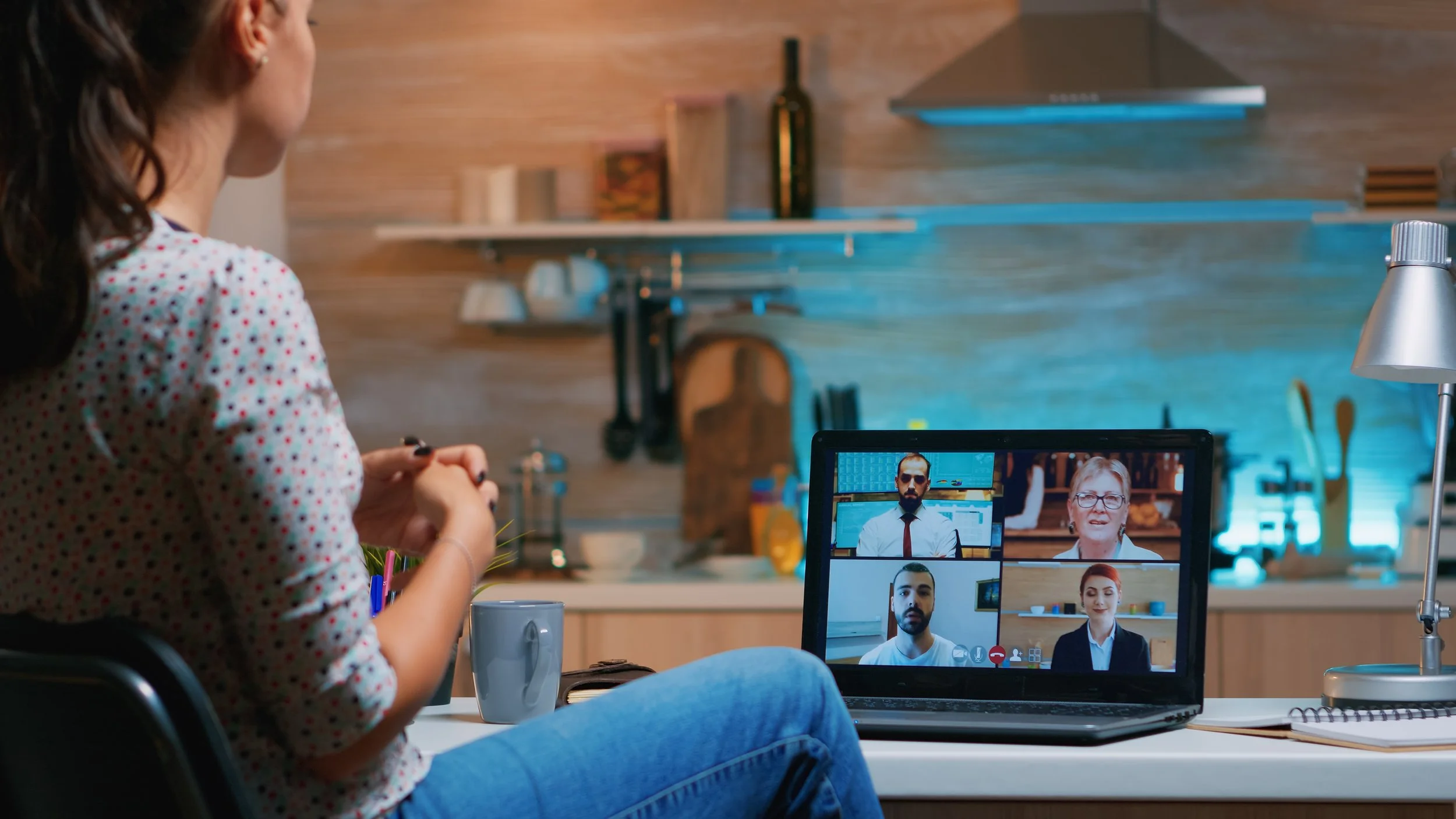But Mama, Why?
A rare mom’s reflection on the innocent curiosity of her well child and the questions about disability that she must learn to answer
By Caitlin Wise
These words, uttered by my neurotypical three-year-old, punctuate my every waking moment. The other night, he couldn’t even focus on a movie (a movie!) due to his incessant curiosity. But why is he the bad guy? Why are the cars racing? Why are they friends now? Or, my current favorite, while looking at the fall leaves, mama, why is the world this way? This is the hilarious, if not exasperating, stage of parenthood as depicted in countless cartoons and emblazoned in any parent’s memory who has survived it.
However, this stage, like all stages, seems fraught with new emotions, now that my younger son has a rare disease making every aspect of his development uncertain. I cannot assume that Wallace will ever speak, much less follow me around driving me crazy with his unrelenting questions. He’s currently 19 months old and not yet babbling. He tells us how he’s feeling with smiles, cries, and guttural sounds. He communicates better than you’d think, in fact. But, it’s not the same.
I also cannot laugh off my elder son’s questions as I might have before. He’s taken to asking questions about ‘the preschool apocalypse’ as we call it. Driving in the car, he will ask what if there were no __fill in the blank_. Mama, what if there were no street lamps? Mama, what if there were no trees? Mama, what if there was no sun? Mama, what if there were no cars? No house? No mailbox? Ad nauseum. The tone changes, though, when he starts on body parts. Mama, what if you had no mouth? Mama, what if you had no legs? Mama, what if you had no eyes?
While I can answer lightheartedly the questions about race cars and street lamps, the questions about body parts hit differently. Now, there are questions about disability, and disability is something we are grappling with and adapting to in our very family.
Yet the answers do come.
What would you do if you had no eyes? Well, honey, you would learn braille. You would listen to beautiful music and use your amazing brain to make an incredible impact on this world through your kind and generous choices. What if you had no legs? Well, honey, you would use a chair like Wallace’s to get around. You would zoom fast, make friends, and blow us all away with your creativity and inventive spirit. What if you had no mouth? Well, honey, you would have to find another way to eat and communicate. This too can be surmounted, and your bright and beautiful soul will shine through whatever challenges you face.
What if, like Wallace, every single blessed part of life is more challenging? Well, honey, we surround ourselves with a team that cares for him and us. We pray, a lot. We take things one day at a time. We get on the right meds – and I mean the whole family. We find therapists and see them nearly every day. We praise the Lord for people who have gone before and paved the way. We get communication apps and wheelchairs and bath chairs and standers and gait trainers and braces and vests and gloves and special swings. We adapt our every activity.
We look forward, with great anticipation, to seeing how his creative spirit and kind heart will develop. And we gaze in wonder even now at his bright and beautiful soul.
About Rare Resiliency:
Rare Resiliency is a monthly column written and/or curated by Laura Will. This column explores the concepts and skills that play a protective role against chronic and acute stress. Each article challenges and encourages the reader to continue to develop that inner steadying strength as they face illness and uncertainty, sorrow and joy.































